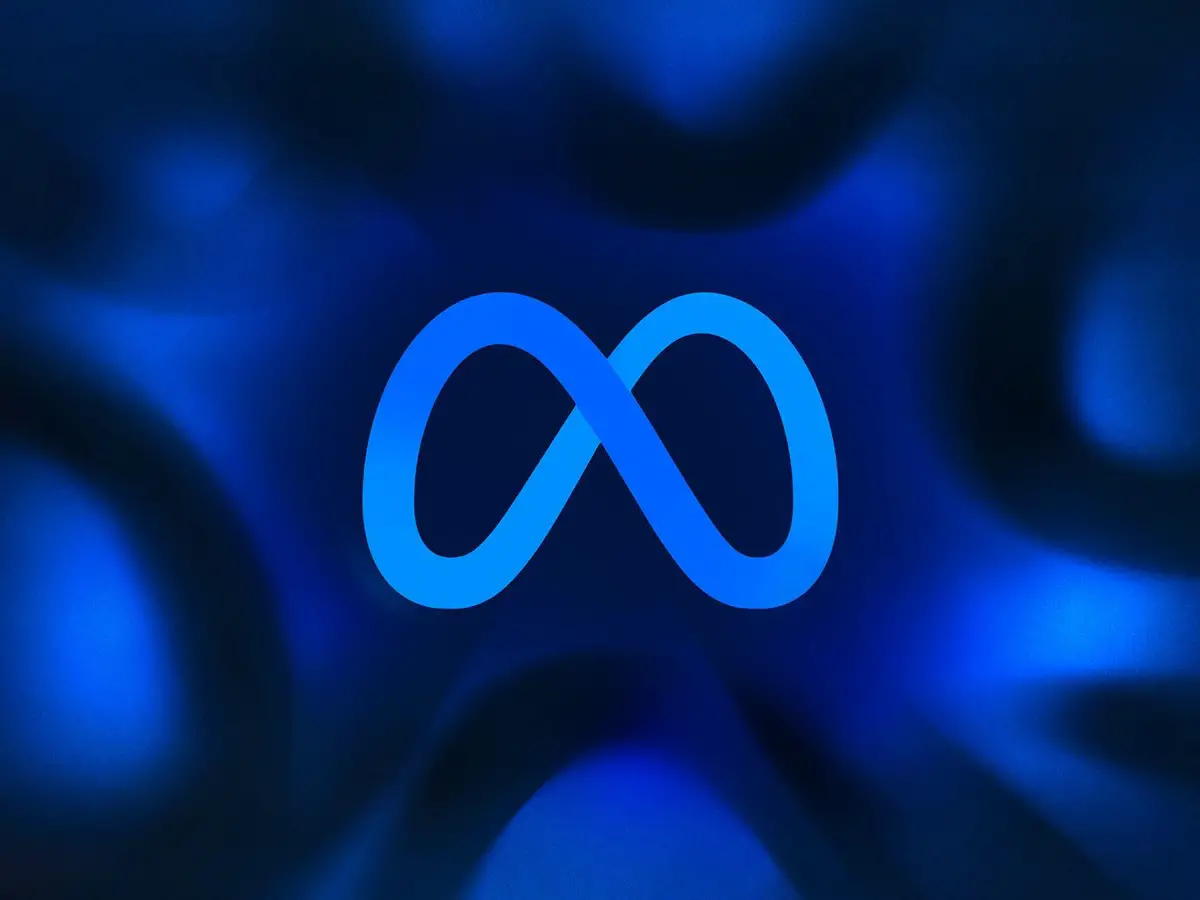Meta Updates Open Source AI Model With Llama 2

Competition for OpenAI’s ChatGPT and Google’s Bard as Meta makes its free open source AI model available on Microsoft Azure
Mark Zuckerberg’s Meta Platforms has announced the availability of its open source artificial intelligence model.
The announcement of the new AI version, called Llama 2, will allow organisations to utilise a different AI system, other than OpenAI’s ChatGPT and Google’s Bard.
It is free of charge for research or commercial use.
It comes after Meta had announced in February that it was accelerating its efforts in so-called generative artificial intelligence by forming a team devoted to the area, building on the massive popularity of OpenAI’s ChatGPT.

Llama 2
Prior to that Meta had said it was working on an AI language generator called Llama and would provide access to researchers.
Now a new version called Llama 2, will be distributed by Microsoft through its Azure cloud service and will run on the Windows operating system, after Meta named Microsoft as “our preferred partner”.
However Llama 2 will also be made available via direct download and via Amazon Web Services, Hugging Face, and other providers.
“We believe an open approach is the right one for the development of today’s AI models, especially those in the generative space where the technology is rapidly advancing,” wrote Meta. “By making AI models available openly, they can benefit everyone.”
“Giving businesses, startups, entrepreneurs, and researchers access to tools developed at a scale that would be challenging to build themselves, backed by computing power they might not otherwise access, will open up a world of opportunities for them to experiment, innovate in exciting ways, and ultimately benefit from economically and socially,” it added.
Meta said it has put exploratory research, open source, and collaboration with academic and industry partners at the heart of its AI efforts for over a decade.
Open source
“Open source drives innovation because it enables many more developers to build with new technology,” Zuckerberg wrote in a Facebook post.
“It also improves safety and security because when software is open, more people can scrutinize it to identify and fix potential issues. I believe it would unlock more progress if the ecosystem were more open, which is why we’re open sourcing Llama 2.”
Zuckerberg said Meta was releasing pretrained and fine-tuned models with 7B, 13B, and 70B parameters.
He said Llama 2 was pretrained on 40 percent more data than Llama 1 and has improvements to its architecture.
“For the fine-tuned models, we collected more than 1 million human annotations and applied supervised fine-tuning and reinforcement learning with human feedback (RLHF) with leading results on safety and quality,” he said.